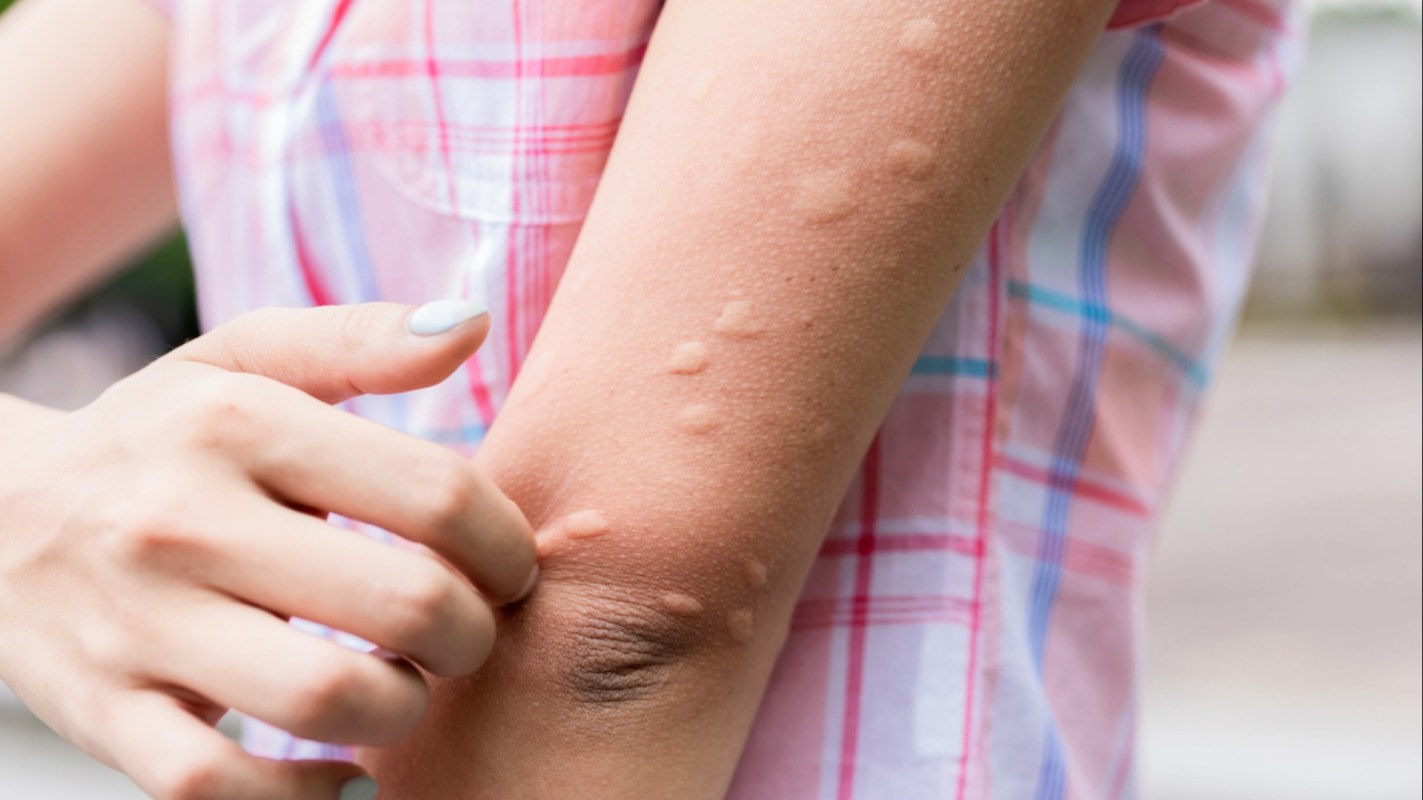As summers become hotter and longer, you may find yourself scratching a couple more mosquito bites than usual. Luckily, scientists have devised a revolutionary new spray to protect us from these pesky bugs — and the dangerous diseases they bring with them.
Due to warming temperatures and urbanization, more and more mosquitoes are crossing paths with humans. This is a problem because mosquitoes are not only pesky and annoying, but they can also carry a wide range of deadly illnesses.
The Japanese firm Kao Corporation has developed a groundbreaking new spray to repel mosquitoes, one that avoids using dangerous insecticides. The spray uses surfactants, which are uniquely able to adhere to mosquito's water-repellant bodies, as New Atlas reports.
Since mosquitoes are water resistant, water-based repellents are unsuccessful — water will not penetrate mosquitoes' scaly bodies, according to New Atlas. A common DIY mosquito trap uses soap (another surfactant) and water. The soap interferes with mosquitoes' ability to float and causes them to drown, per the House Digest website.
The researchers of the new spray found that applying a surfactant solution caused mosquitoes to fall, thereby immobilizing them. Surfactants were successful because surfactants have both water-resisting and water-attracting parts. All the surfactants used in the mosquito spray are safe for humans, New Atlas reported.
The surfactant offers a safer and more effective solution compared to other common insecticides. One of the most popular mosquito repellents is pyrethroid.
Unfortunately, overuse of pyrethroid can and has led to resistance in mosquito populations, meaning the insecticide is becoming less effective over time. Insecticides can also be dangerous to other plants and animals, including humans.
The researchers claim that mosquitoes are unlikely to become resistant to the surfactant in the same way they've developed immunities to standard insecticides.
Kao's new repellent will be a new tool in the fight against serious mosquito-borne diseases like dengue fever, malaria, Japanese encephalitis, and Zika virus. And, due to warming temperatures, half a billion more people may become susceptible to contracting mosquito-borne illnesses.
"We … propose that application of surfactant solutions is an effective measure in controlling mosquitoes," the researchers said of their spray, as New Atlas reported. "This method has a potential to overcome the problem of insecticide resistance and control mosquitoes potently as well as safely.'
Join our free newsletter for weekly updates on the coolest innovations improving our lives and saving our planet.









